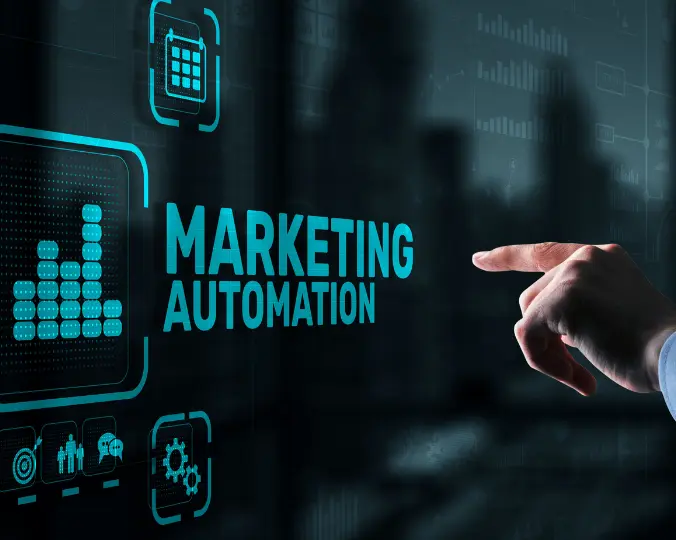Marketing Automation Myths: What You Should Stop Believing

The Myth That Marketing Automation Is Only for Big Companies
One of the most persistent myths about marketing automation is that it’s only useful or necessary for large enterprises. While it’s true that big companies often adopt automation early, small and mid-sized businesses stand to benefit just as much—if not more. By automating repetitive tasks like email nurturing, social media posting, and lead scoring, teams with limited resources can compete more effectively. In reality, the right marketing automation tools can scale with your business, providing ROI regardless of your size.
Marketing Automation Doesn’t Mean “Set It and Forget It”
Another common misconception is that once you implement a marketing automation system, it runs on autopilot without any human oversight. However, automation doesn’t replace strategy—it supports it. While these tools can handle tasks more efficiently, they still require regular input, testing, and refinement. For example, automated email workflows still need compelling content and segmentation logic to work properly. Without ongoing attention, automation can lead to disengaged audiences or, worse, messages that feel irrelevant or robotic.
Myth: Marketing Automation Kills Personalization
Some marketers fear that automation leads to generic, one-size-fits-all messaging. Yet the opposite is often true. With the right data and segmentation, marketing automation enables highly personalized campaigns at scale. From behavior-based emails to dynamic website content, automation helps tailor messages to individual users in real time. Because of this, businesses can build stronger relationships with their audience without manually crafting every interaction.
It’s Not Just About Email
Many believe automation is only about sending emails. But the scope of these tools has evolved far beyond the inbox. Today’s platforms can integrate with CRM systems, score leads, track user behavior, and trigger multi-channel campaigns across SMS, push notifications, and even direct mail. Consequently, relying solely on email means underutilizing the full capabilities of automation technology.
Marketing Automation Doesn’t Replace Marketers
A final myth is that automating tools eliminate the need for human marketers. But these systems are only as effective as the people managing them. Strategy, creativity, and context still come from humans. Automation merely removes repetitive tasks so marketers can focus on big-picture goals, creative direction, and campaign performance.